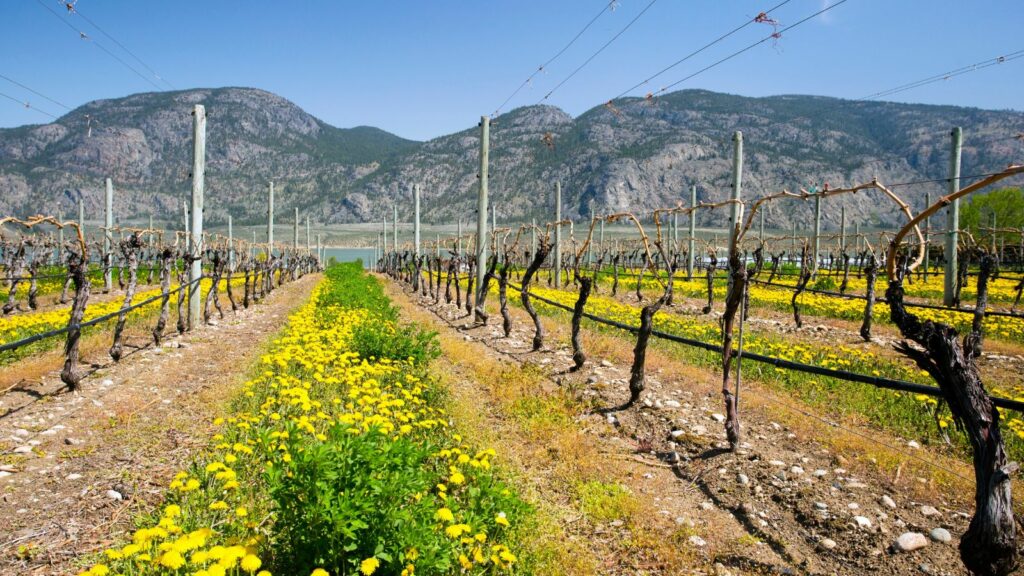Canada has a long list of towns that sound like linguistic puzzles to outsiders, particularly Americans. Between Indigenous origins, French influences, and local quirks, some names are tongue-twisters that even GPS struggles with. For visitors, they often spark awkward pauses and exaggerated attempts that make locals chuckle. Here are 18 Canadian town names that Americans can’t pronounce.
Osoyoos, British Columbia
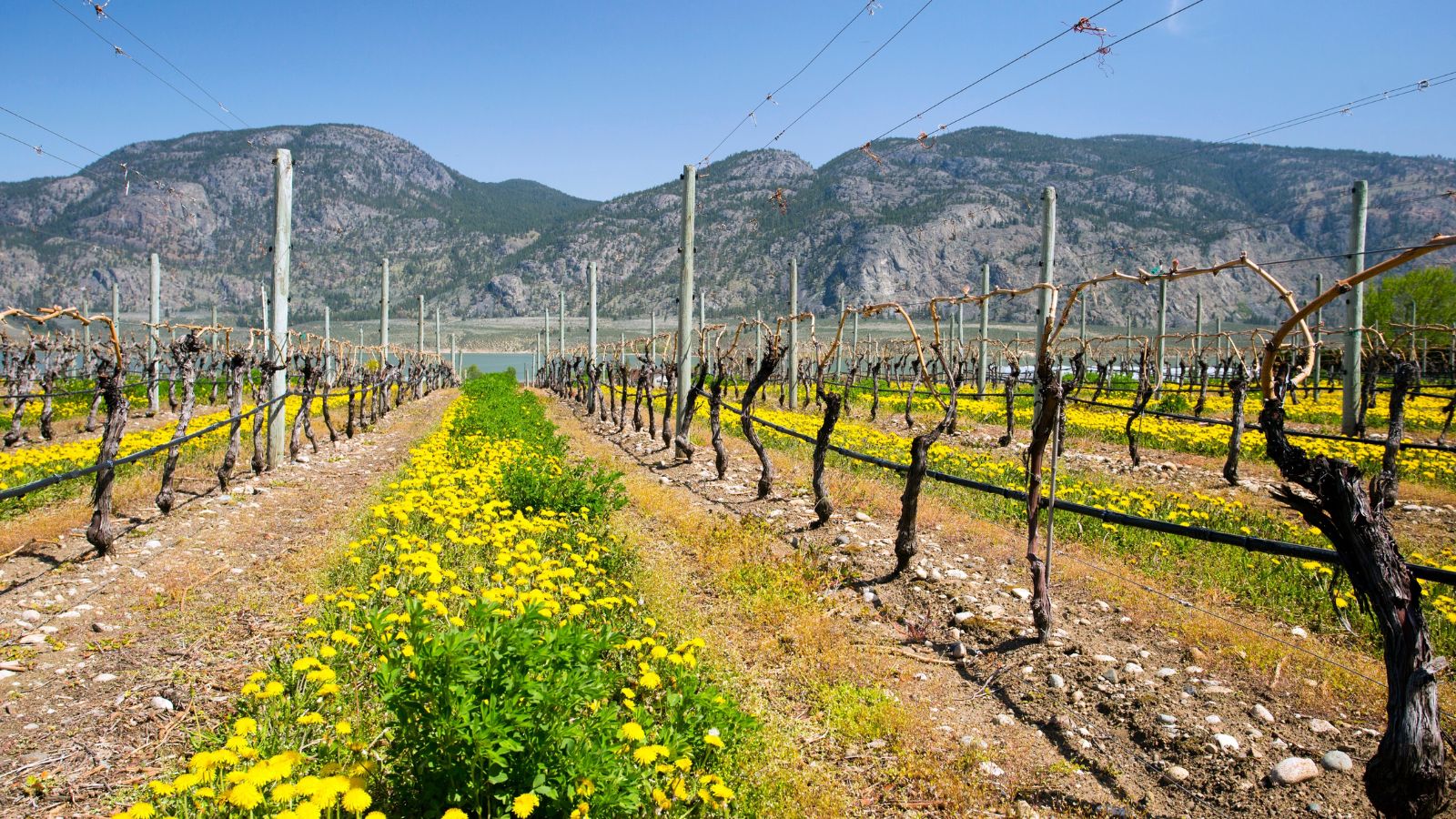
Located in the arid Okanagan Valley, Osoyoos often trips up visitors who call it “Oh-so-yooz.” The correct pronunciation is “Oh-SOY-oos.” The name comes from the Syilx Okanagan language, meaning “narrowing of the waters,” referring to the area’s lake that pinches between hills. Osoyoos is known for its desert climate, vineyards, and Canada’s warmest lake, making it a tourism magnet. Despite being small, it blends Indigenous culture with a modern resort town vibe. For Americans used to simple English spelling, the combination of vowels and soft syllables often leads to confusion, making Osoyoos a favorite for mispronunciations on travel shows.
Iqaluit, Nunavut
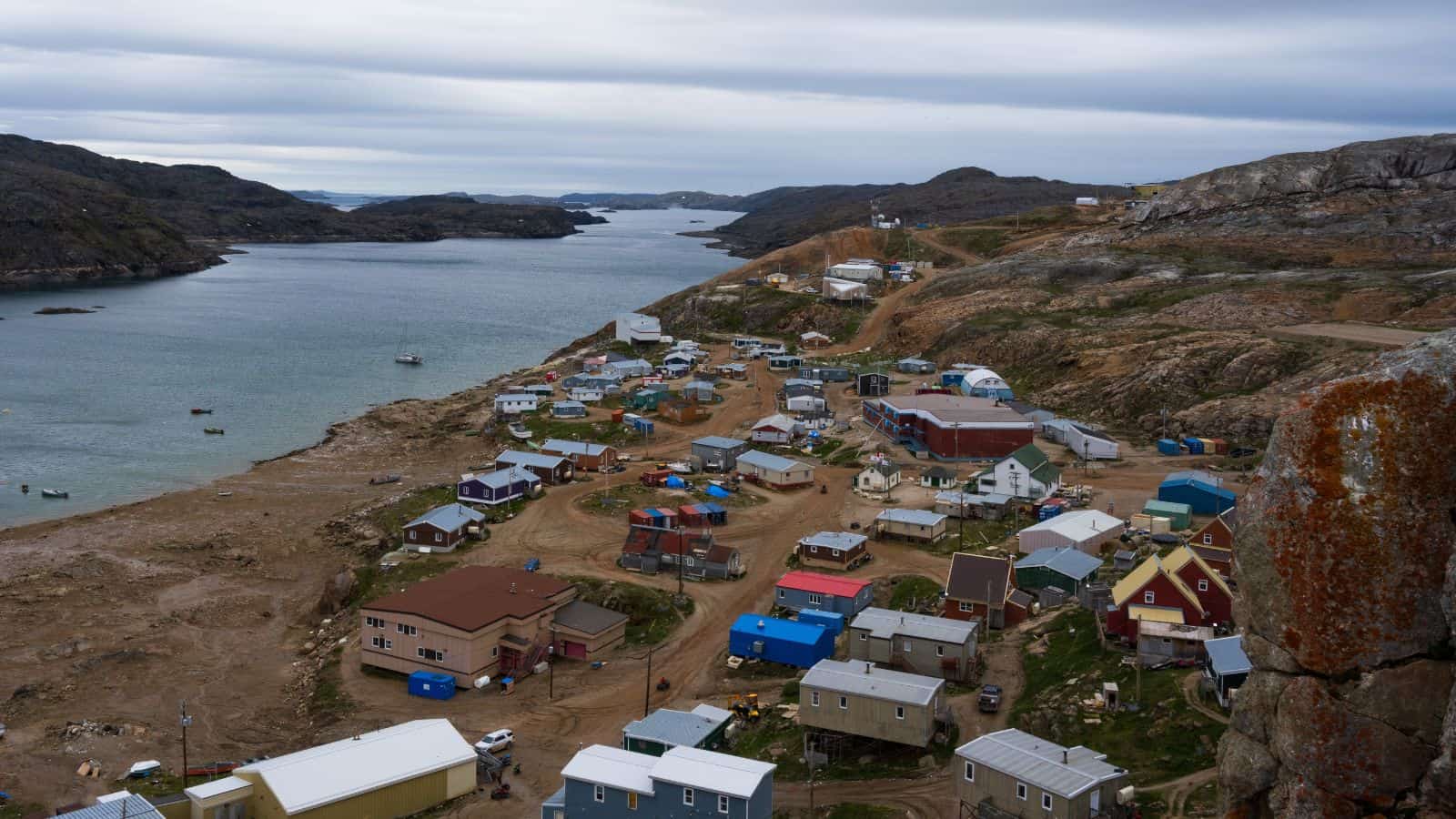
The capital of Nunavut, Iqaluit, is pronounced “Ee-kah-loo-it,” but Americans frequently go with “Eye-ka-loo-it.” The name means “place of many fish” in Inuktitut, reflecting its Arctic heritage. As the political and cultural center of Canada’s northernmost territory, Iqaluit represents Inuit resilience and identity. Its unique architecture, like the igloo-shaped St. Jude’s Cathedral, draws curious travelers. Yet for most outsiders, even pronouncing “Nunavut” is a challenge, making Iqaluit a double linguistic test. Despite its small population of around 7,500, it plays a big role in Canada’s sovereignty and Arctic governance, just don’t expect visitors to say its name right.
Qu’Appelle, Saskatchewan
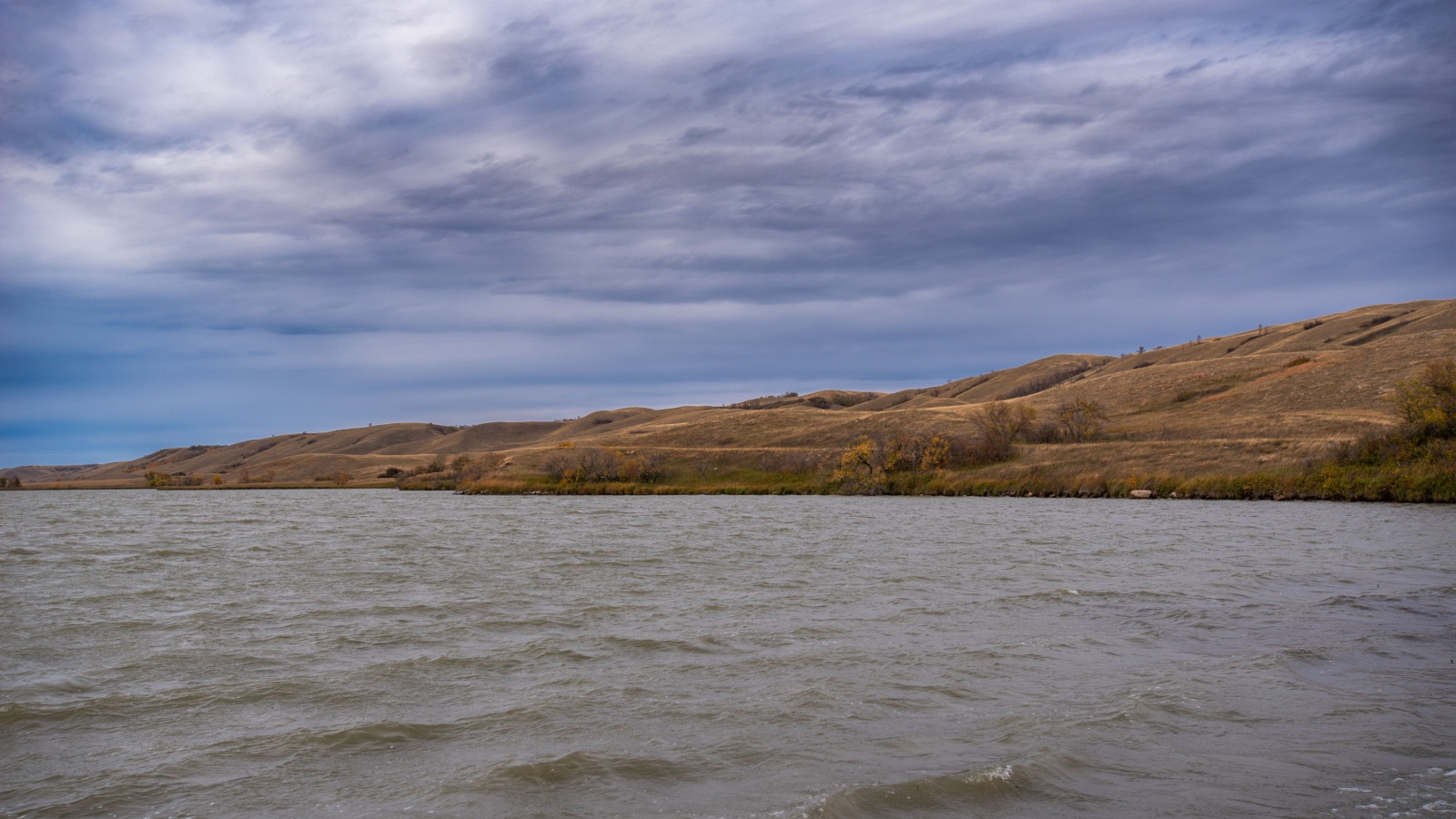
This prairie town, whose name means “Who Calls?” in French, is pronounced “Kwah-pel.” Americans often try “Cue-appell” or “Quap-pell,” confusing locals. The name stems from a Cree legend about a mysterious voice calling across the valley, giving Qu’Appelle an eerie charm. Situated near four scenic lakes, it’s a hub for summer cottages and fishing. The town’s French and Indigenous roots are deeply intertwined, yet most outsiders miss that nuance entirely. For travelers reading road signs on Highway 35, Qu’Appelle looks simple enough, but its mix of apostrophes and French spelling guarantees at least one awkward roadside pronunciation attempt.
Kangiqsujuaq, Quebec
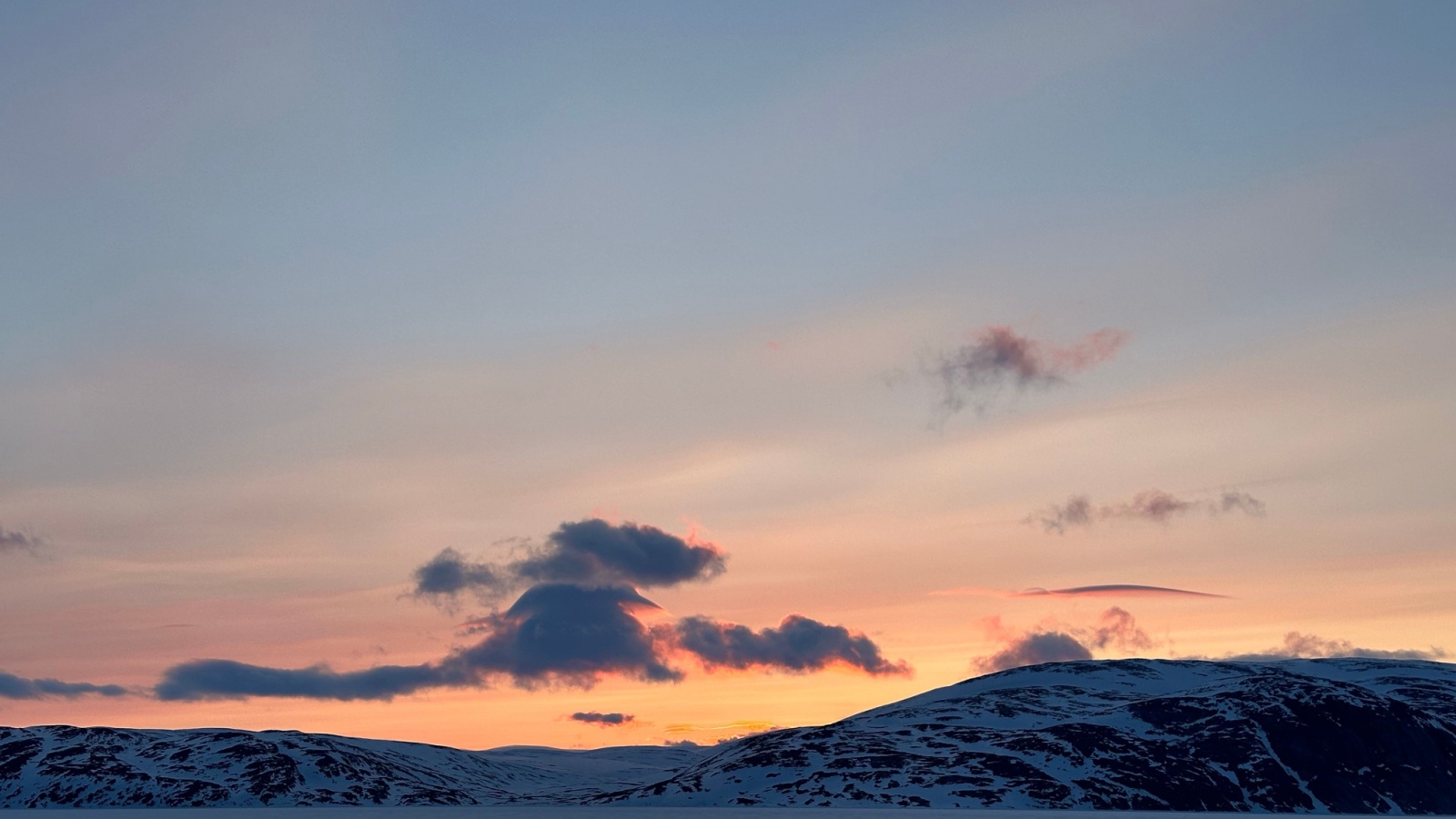
Pronounced “Kang-ik-soo-joo-ak,” this northern Quebec Inuit village often defeats even seasoned travelers. Located near the Hudson Strait, it’s home to around 700 people and is known for its stunning winter ice formations and cultural preservation. The name means “large bay,” fitting its coastal geography. For Americans unfamiliar with Inuktitut, the cluster of consonants seems unpronounceable, and even Google Maps’ audio feature gives up halfway through. Yet, locals speak it effortlessly, reflecting their linguistic fluency and deep connection to the land. Despite the challenge, those who visit find Kangiqsujuaq unforgettable—for its natural beauty and its name that few can master.
Ucluelet, British Columbia
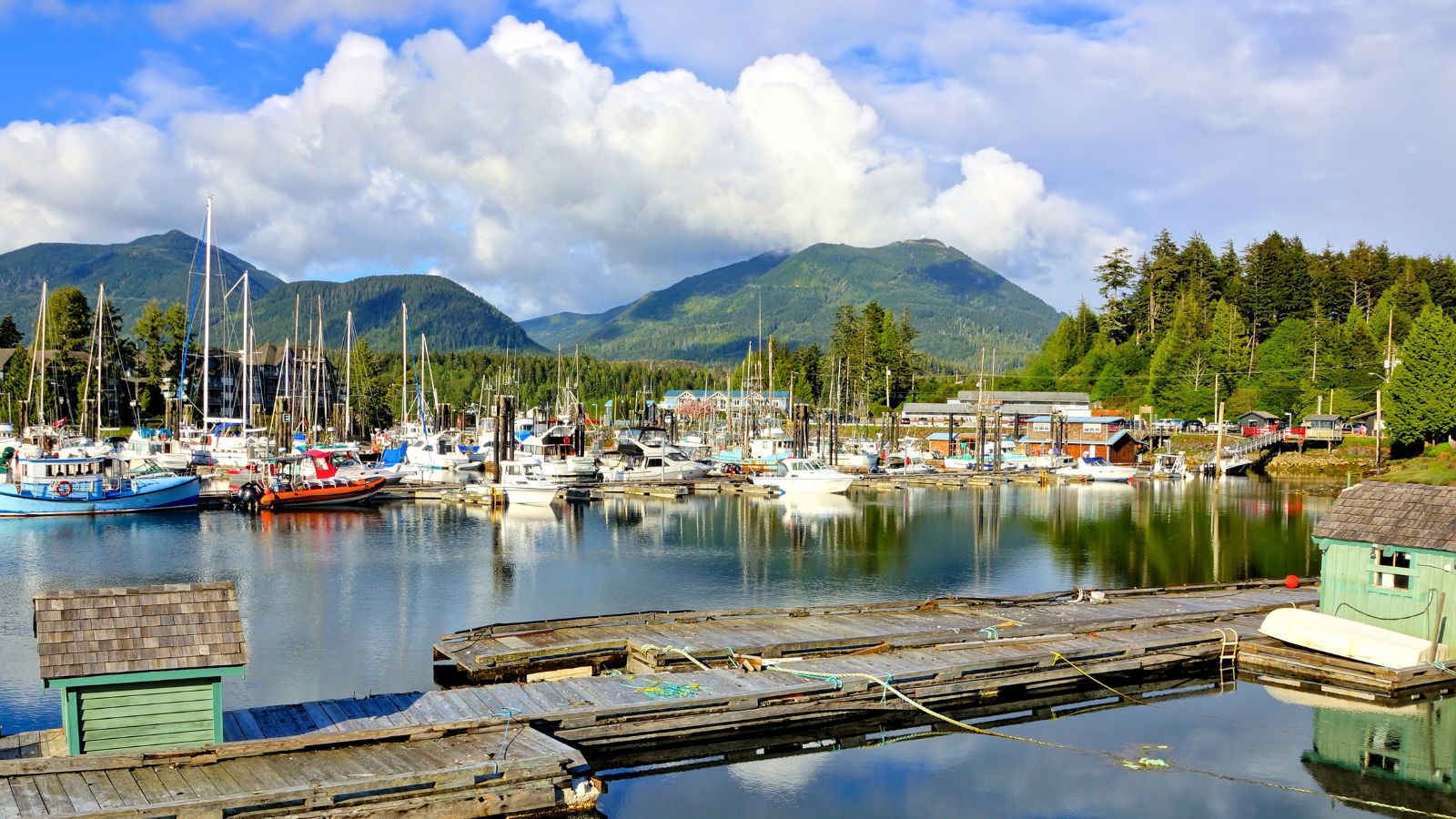
Tourists in Vancouver Island often stumble over “Ucluelet,” usually saying “You-clue-let” instead of “Yew-clue-let.” The name comes from the Nuu-chah-nulth language, meaning “people of the safe harbor.” The town, located near Tofino, is a hotspot for surfers, hikers, and storm watchers. Despite its small size, it attracts thousands of visitors yearly, many of whom leave still unsure how to pronounce it. Locals often shorten it to “Ukee” for convenience, especially when dealing with tourists. Its rugged coastlines and Indigenous heritage make it one of British Columbia’s most culturally rich destinations, even if the name sends GPS assistants into chaos.
Chicoutimi, Quebec
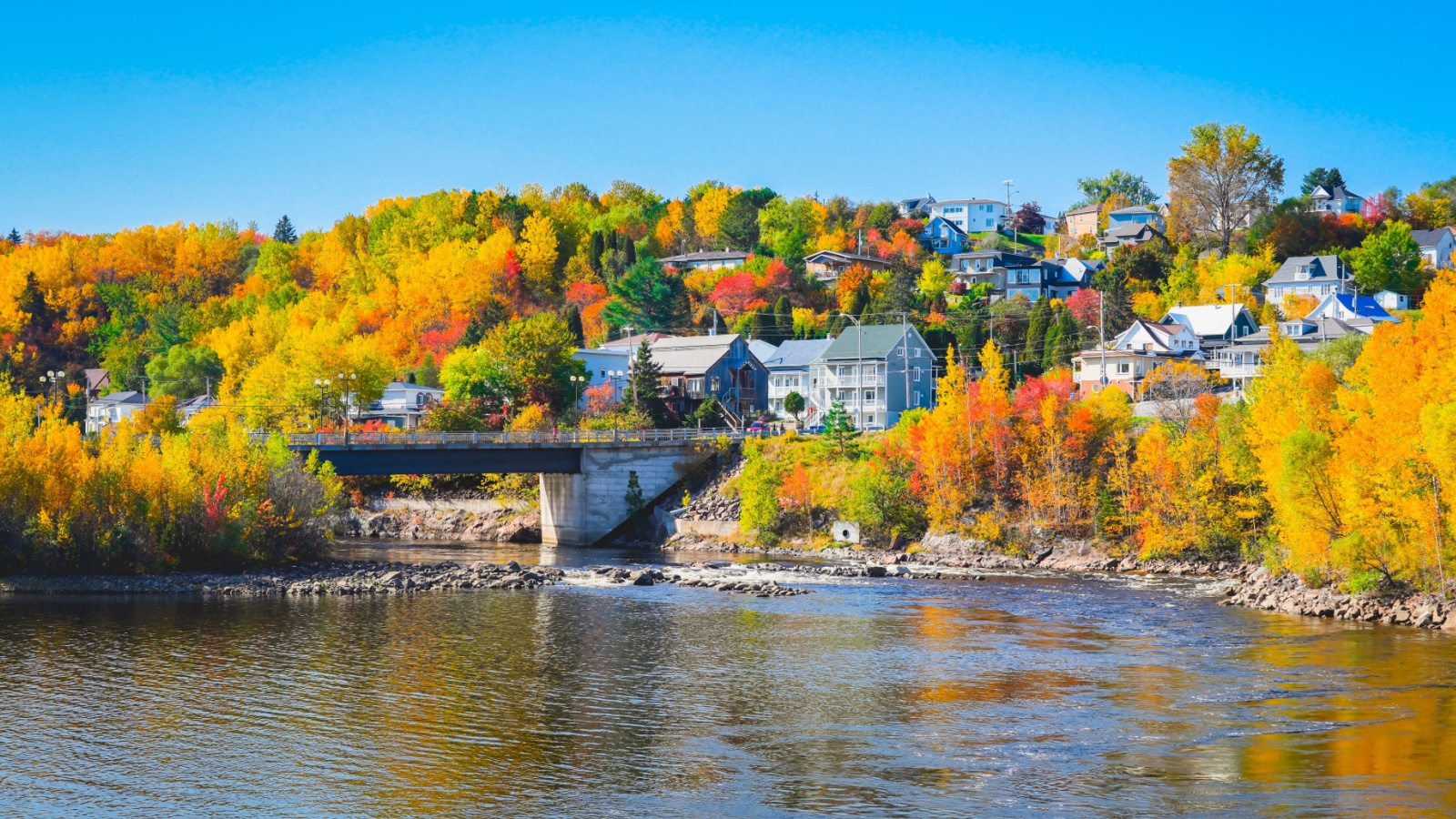
Located within Saguenay, Chicoutimi is pronounced “Shi-koo-ti-mee,” but many Americans opt for “Chick-out-a-me.” The name comes from an Innu word meaning “the end of the deep water,” describing its location at the meeting of two rivers. Chicoutimi is an important industrial and educational hub in northern Quebec. Despite its modest population, it carries a proud francophone identity. The town’s old architecture, natural scenery, and linguistic character make it uniquely Quebecois. However, English speakers often struggle with the rhythm of French pronunciation, adding unnecessary syllables or stress. Locals have grown used to smiling politely as visitors stumble through it.
Tofino, British Columbia
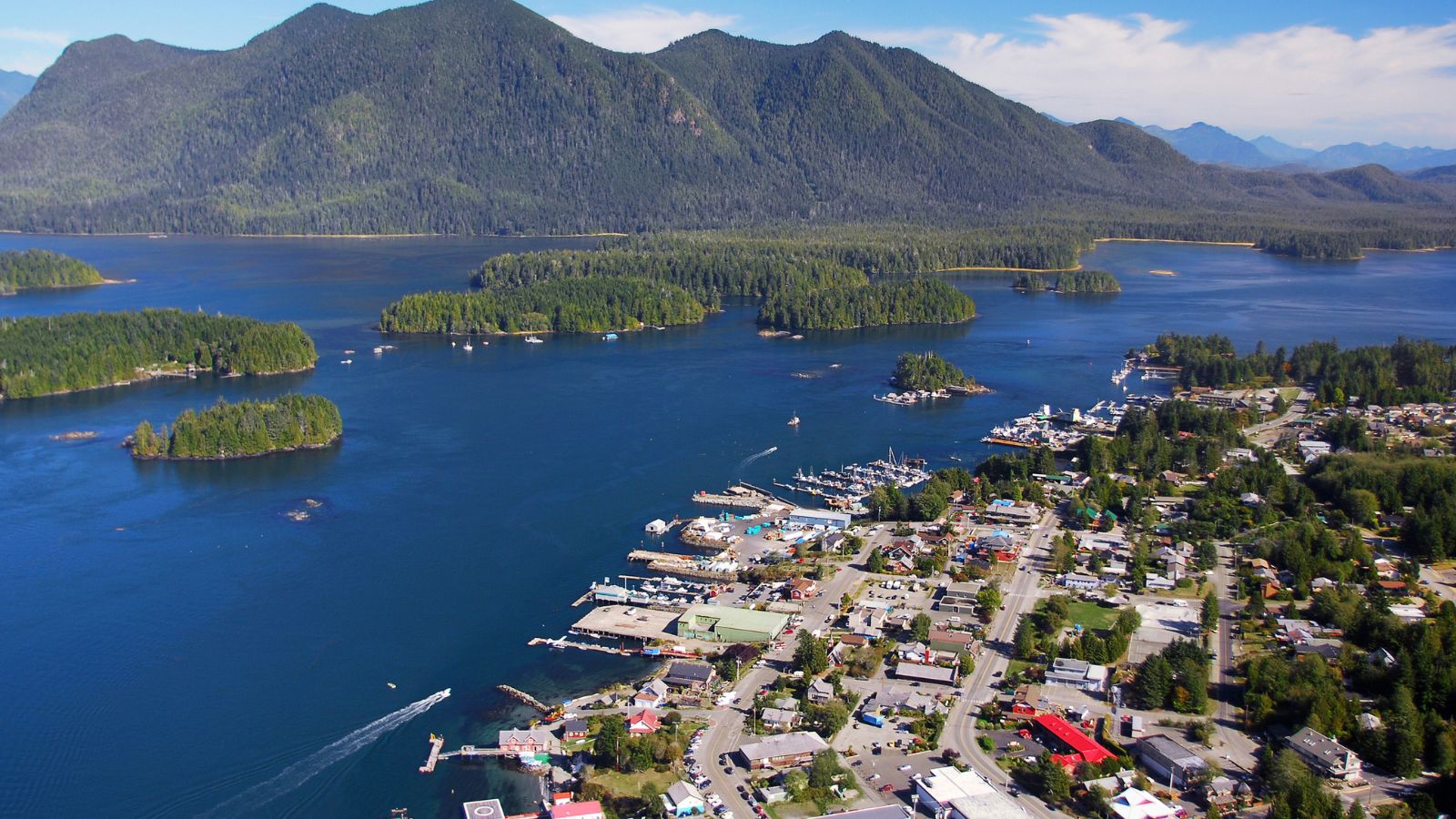
While “Tofino” seems straightforward, Americans often pronounce it “Toe-fee-no” rather than “Tuh-FEE-no.” The small town on Vancouver Island’s west coast is world-famous for surfing, whale watching, and luxury eco-resorts. Its name originates from a Spanish cartographer, Captain Vicente Tofiño, which explains the European influence. The relaxed pace and scenic views attract international tourists year-round, though many still say it wrong even after a weeklong stay. Locals, used to hearing dozens of variations, simply laugh it off. Despite pronunciation woes, Tofino remains a symbol of laid-back coastal charm and the perfect mix of rugged wilderness and seaside sophistication.
Ahmic Harbor, Ontario
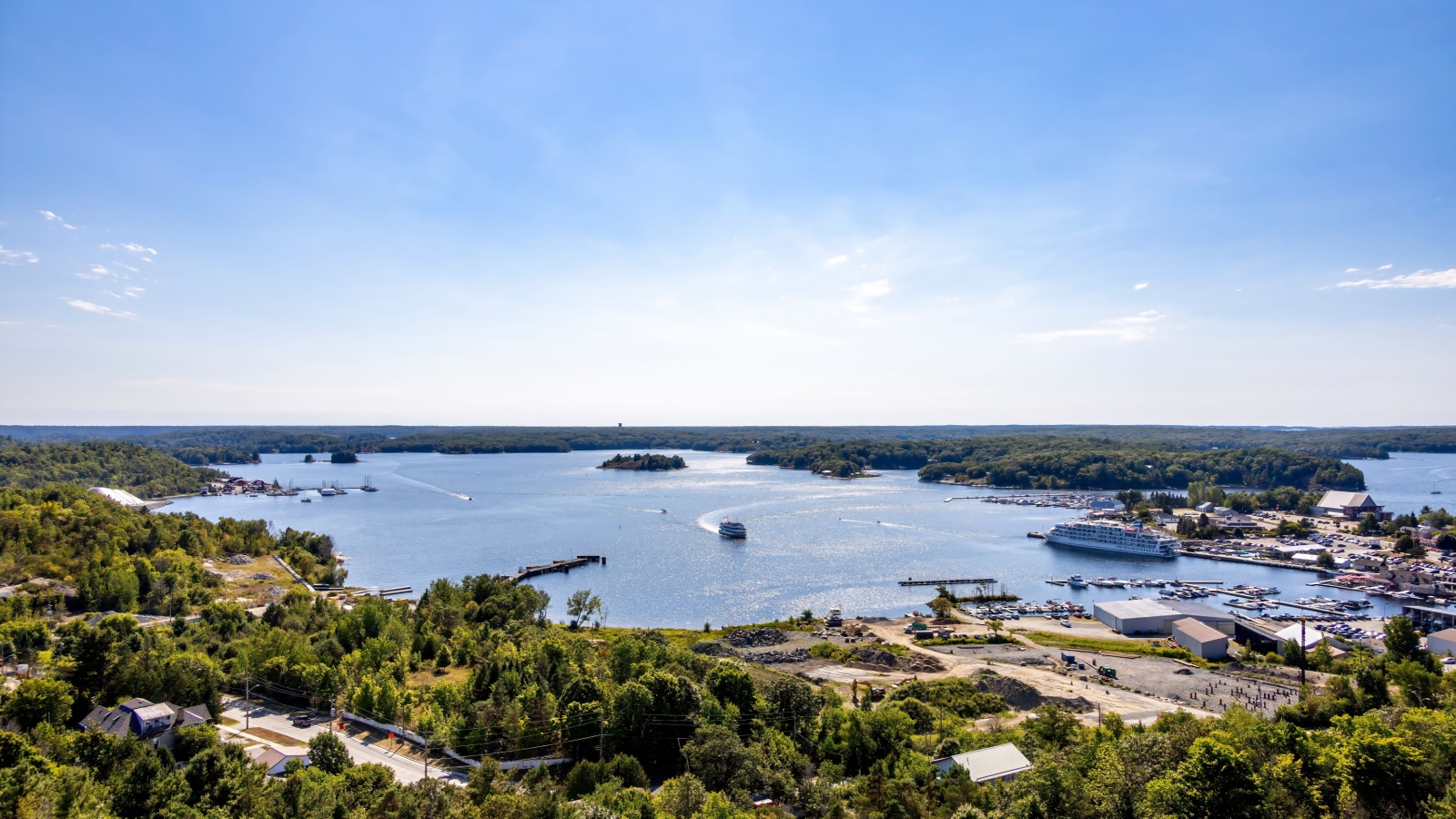
This quiet community near Parry Sound confuses many travelers. It’s pronounced “Am-ik,” not “Ah-mick.” The name comes from the Ojibwe word for “beaver,” tying it to Canada’s national animal. Ahmic Harbor is known for its tranquil lakeside cottages, kayaking spots, and classic northern Ontario landscapes. While its spelling looks straightforward, Americans tend to overcomplicate it, stretching vowels unnecessarily. Local signage, though clear, doesn’t help outsiders much. The town’s charm lies in its simplicity, nature trails, rustic cabins, and serene waters, but saying its name correctly earns instant approval from residents who know the difference between ‘Ahmic’ and ‘Amik.’
Antigonish, Nova Scotia
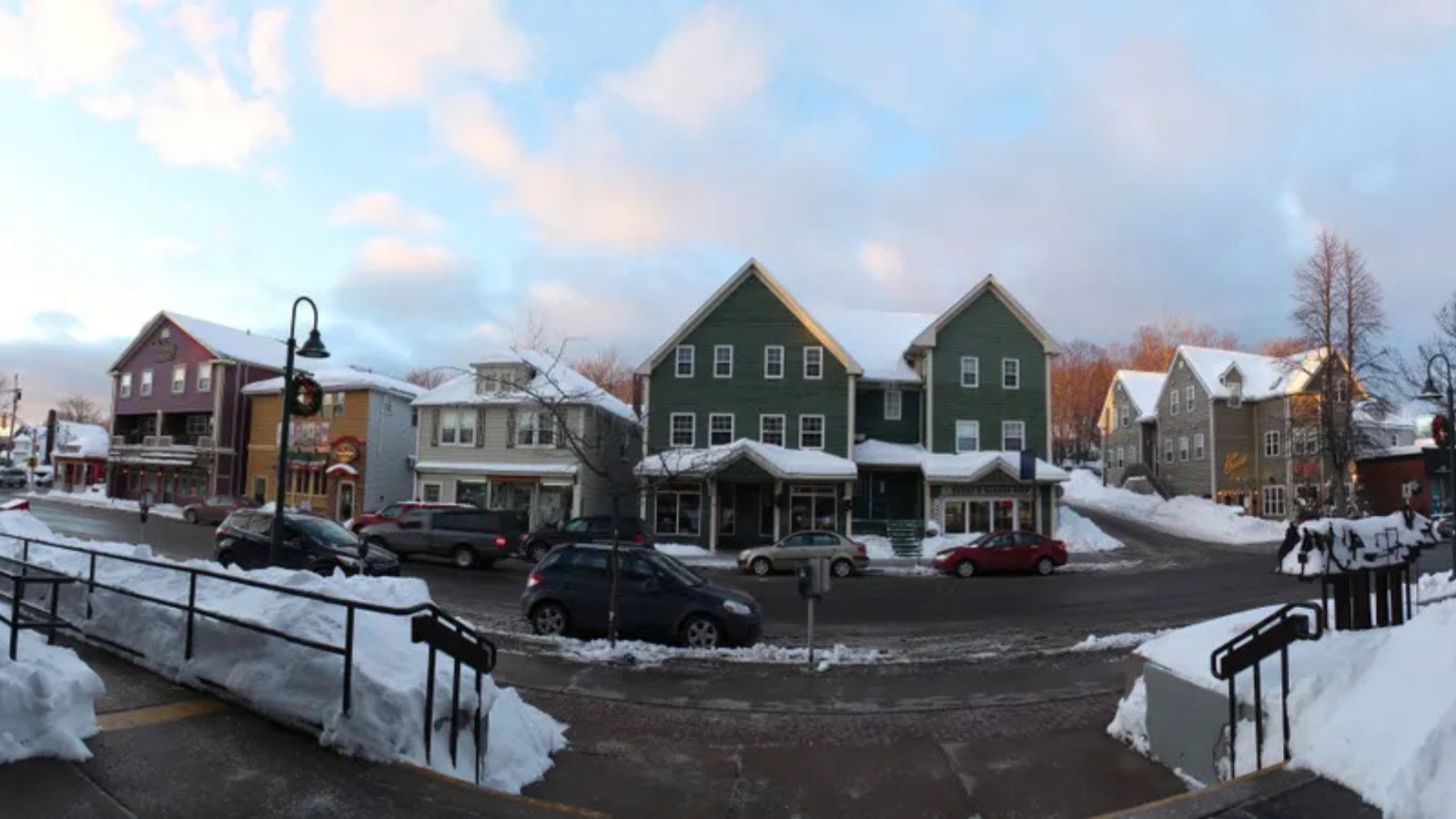
Pronounced “An-ti-go-nish,” this Nova Scotian town’s rhythm throws off non-locals who often stress the wrong syllable. Known for St. Francis Xavier University and the famous Highland Games, Antigonish blends Scottish and Mi’kmaq heritage. The name is thought to derive from a Mi’kmaq term meaning “where branches are torn off by bears,” linking it to local wildlife. Its coastal setting and vibrant student life give it a unique energy. However, many Americans pronounce it as “Anti-gon-ish,” which sounds more like a protest slogan than a town name. Despite linguistic confusion, Antigonish remains proudly multicultural and historically significant.
Pugwash, Nova Scotia
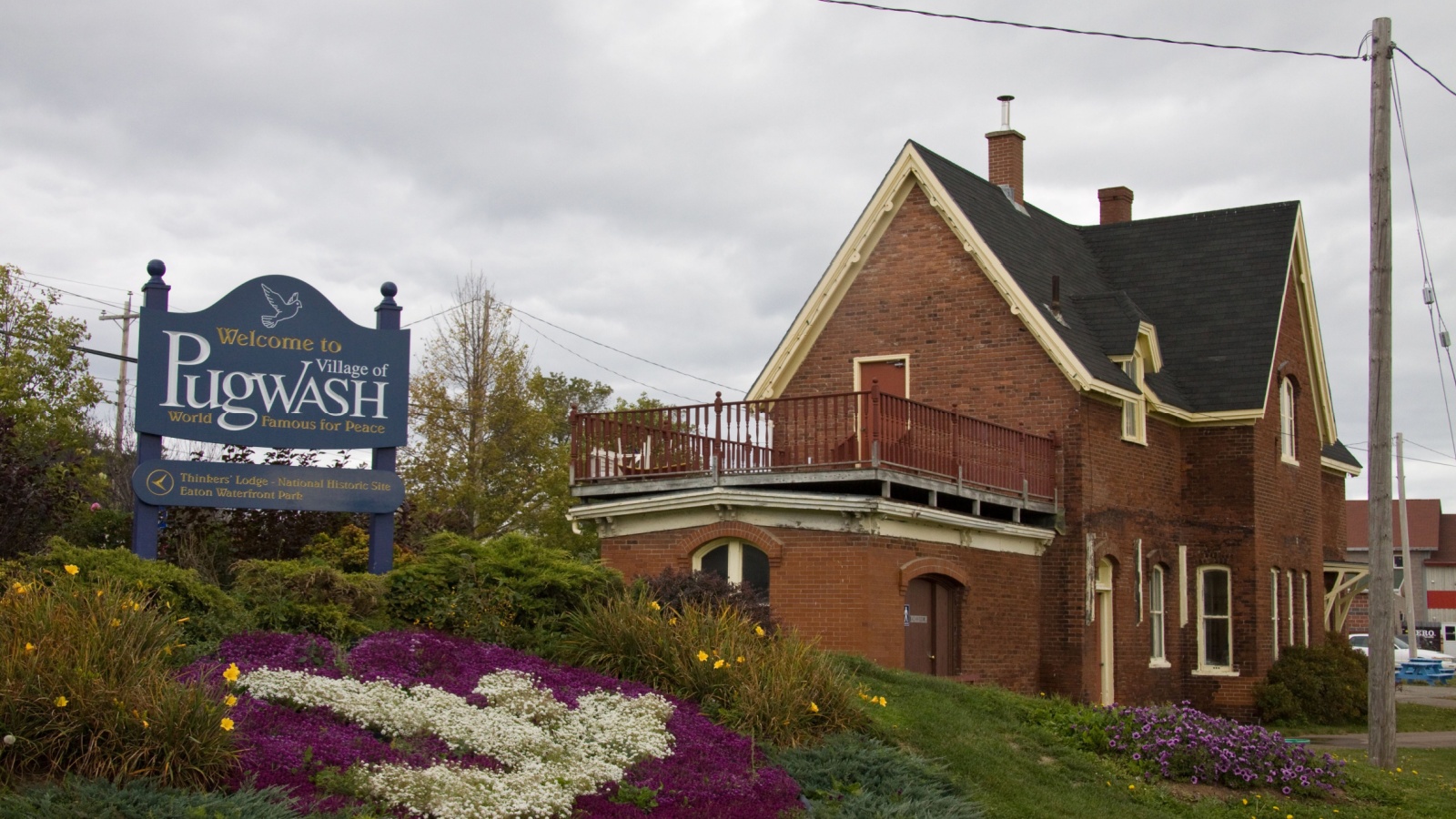
At first glance, Pugwash seems easy, but many outsiders wrongly say “Pug-wash” as two harsh syllables, while locals soften it to “Pug’wash.” The name comes from the Mi’kmaq word “Pagwȧák,” meaning “shallow water.” This seaside village gained global attention as the birthplace of the Pugwash Conferences on Science and World Affairs, which earned a Nobel Peace Prize. It’s a picturesque town with beaches, fishing boats, and heritage homes. Yet, tourists often remember it for its quirky name rather than its peaceful legacy. The simplicity of the spelling hides the subtle rhythm that locals preserve when saying it naturally.
Aklavik, Northwest Territories
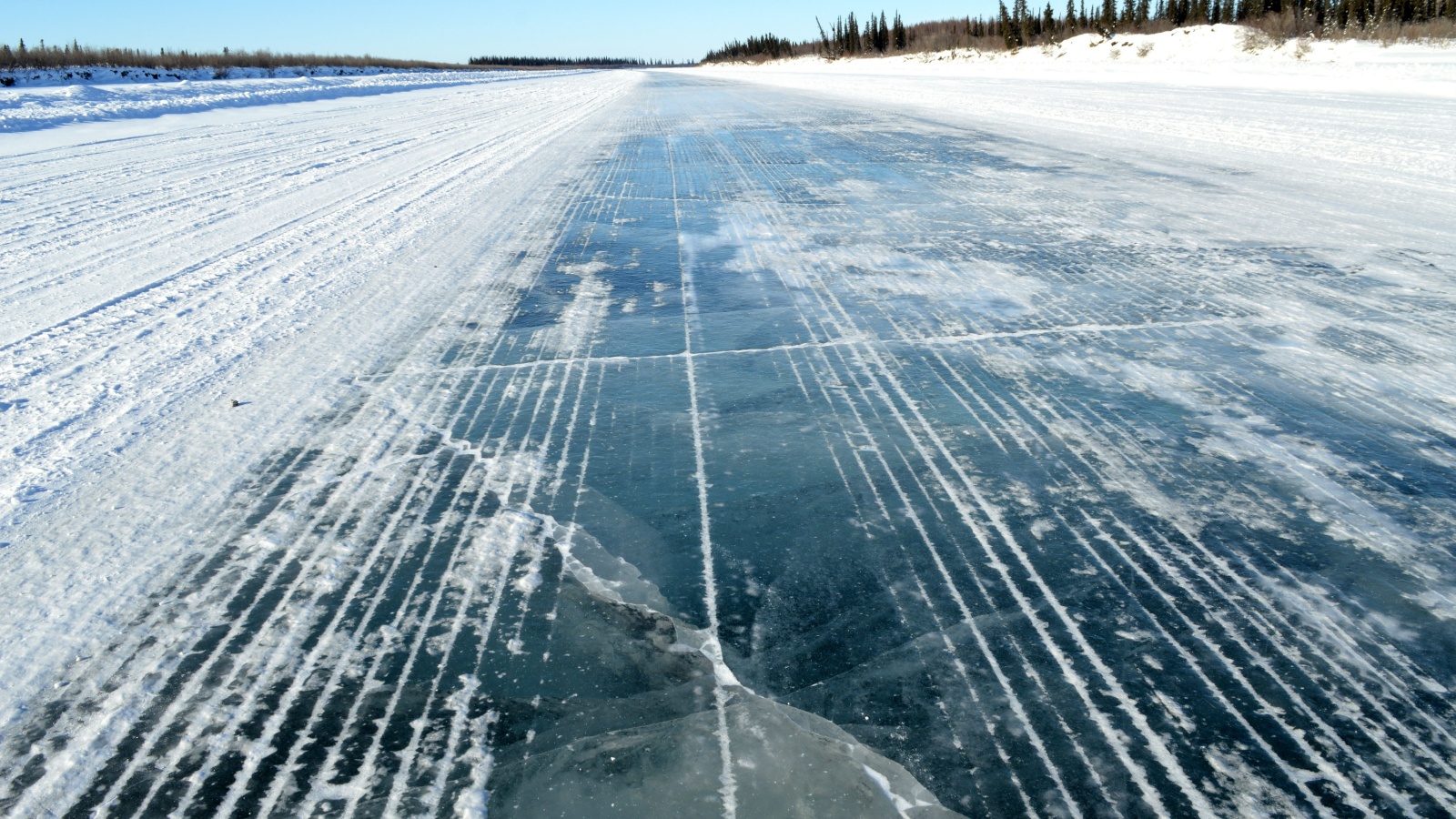
Pronounced “Ack-lav-ik,” this Arctic town’s name means “barrenground grizzly place” in Inuvialuktun. Americans often say “Ah-klav-ik,” missing the clipped syllables locals use. Once the regional hub before Inuvik was replaced, Aklavik remains an important cultural center for Inuvialuit people. Its motto, “Never Say Die,” reflects resilience in extreme northern conditions. With wooden houses on stilts and the Mackenzie Delta surrounding it, the town has an unfiltered Arctic charm. Despite being remote, it’s remembered for its proud heritage and the fact that hardly anyone visiting gets its name right the first, or even fifth, time.
Coaticook, Quebec
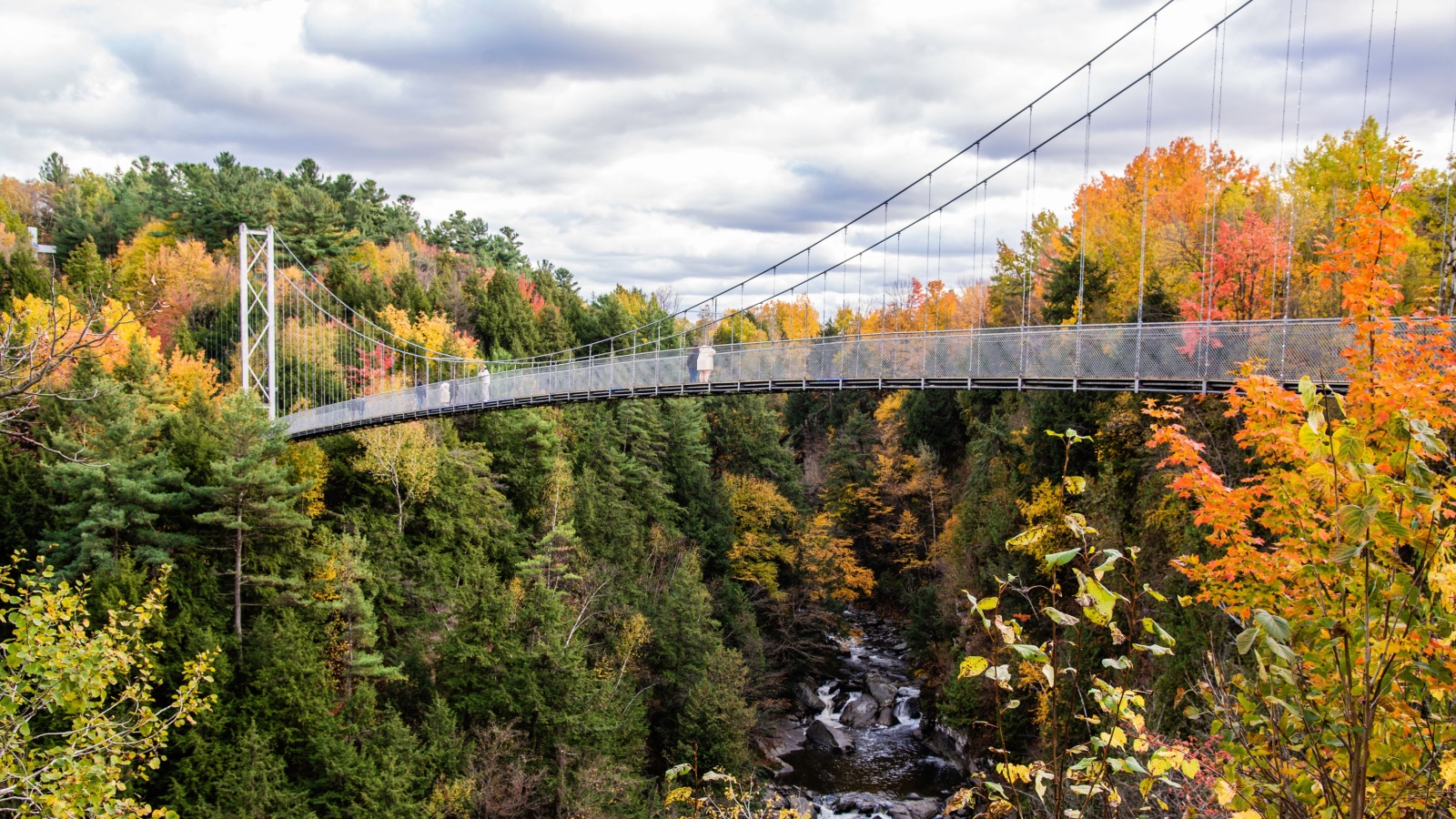
“Coaticook,” pronounced “Kwah-ti-cook,” has baffled many non-French visitors who try “Coa-ti-cook.” The name comes from an Abenaki term meaning “river of the land of pines.” Known for its famous suspension bridge and the popular Coaticook ice cream brand, it’s a small town with big cultural flavor. Its French pronunciation challenges English speakers, especially when combined with local accents. The town sits near the Vermont border, making it a frequent stop for American tourists who often leave with a tasty souvenir and a mangled attempt at the name. Still, Coaticook’s friendly locals usually forgive the effort.
Aishihik, Yukon
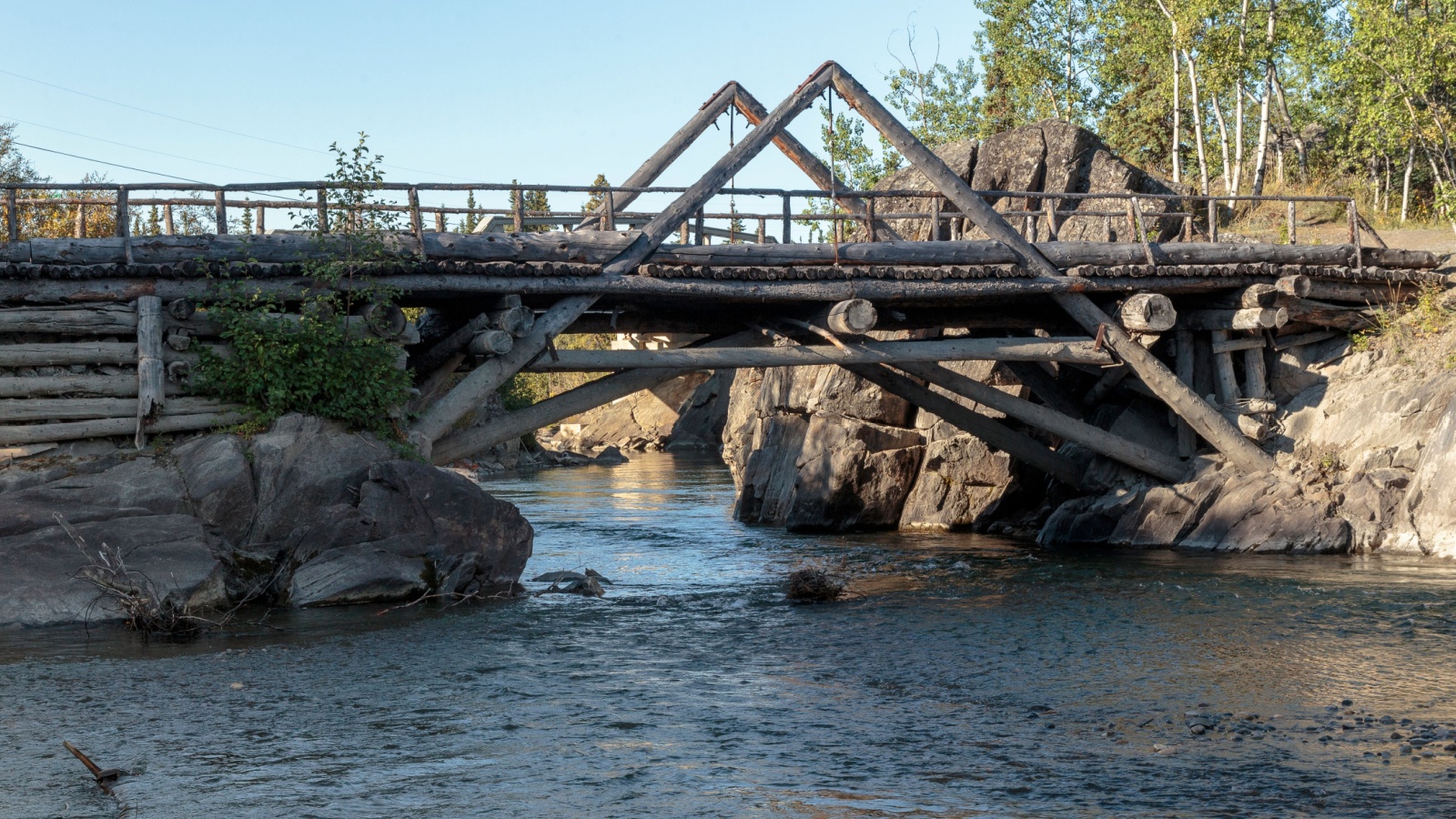
Pronounced “Ay-shih-hick,” Aishihik is a tiny settlement with deep roots in the Southern Tutchone First Nation. Its name refers to “the lake of the people,” located west of Whitehorse. While Americans often stumble with “Ash-uh-hike,” the actual pronunciation has smoother, flowing syllables. Aishihik is surrounded by wilderness, and it’s known for the historic airfield built during World War II. Today, it’s a symbol of Indigenous land stewardship and cultural continuity. Its name, like its people, holds layers of meaning that can’t easily be captured, or pronounced, by outsiders who aren’t familiar with Athabaskan phonetics.
Kakabeka Falls, Ontario
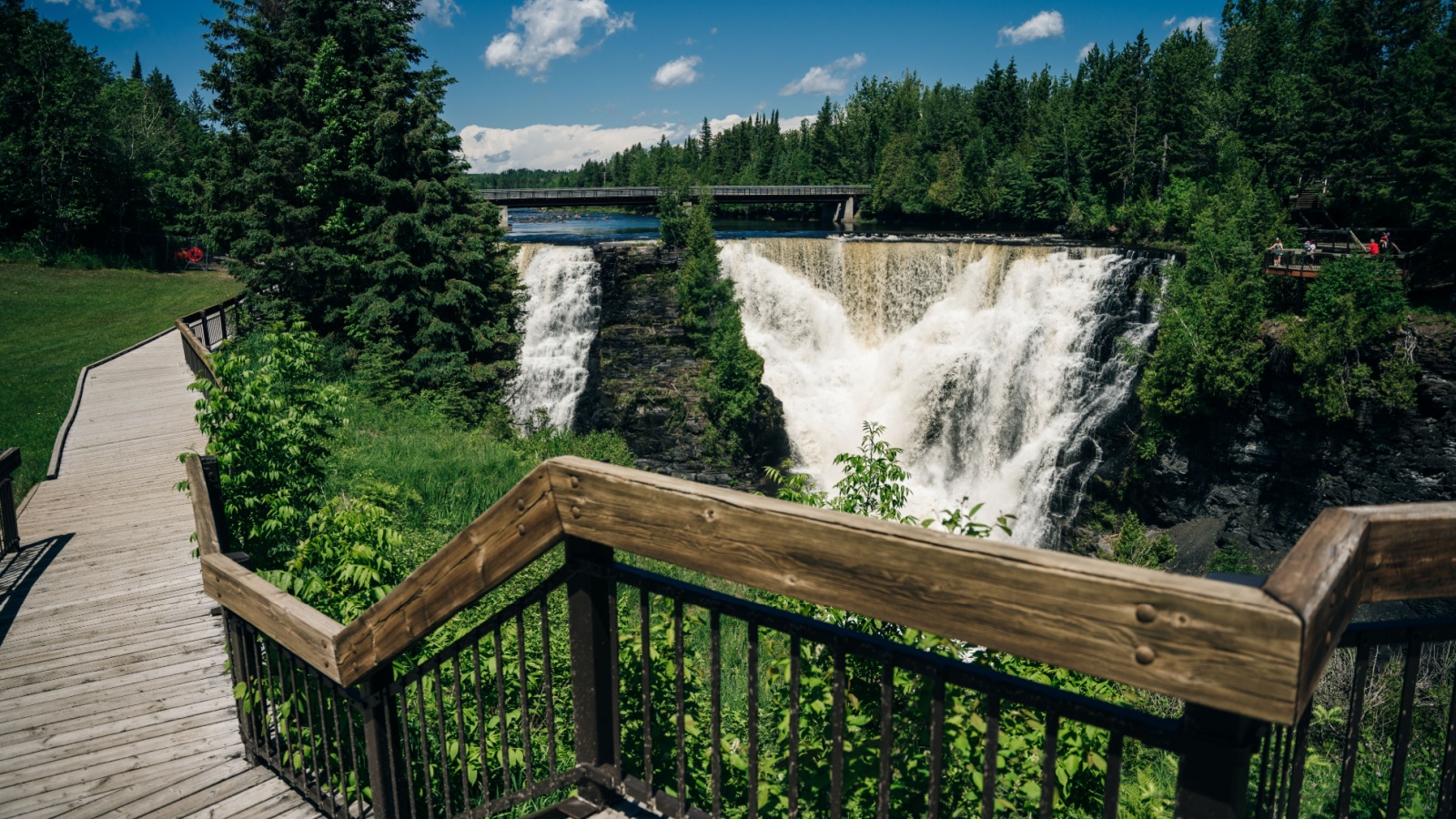
Often called the “Niagara of the North,” Kakabeka Falls is pronounced “Kah-kah-beh-kah.” The name derives from the Ojibwe word for “waterfall over a cliff.” Americans tend to say “Kack-a-beeka,” missing the soft ‘kah’ sounds that roll naturally for locals. The falls themselves drop 40 meters and are surrounded by scenic hiking trails and camping areas. While most visitors are drawn by the natural beauty, they often leave still unsure how to say where they’ve been. Kakabeka’s rhythmic pronunciation is simple once learned, but until then, it’s an amusing mouthful for road-trippers and travel vloggers alike.
Kouchibouguac, New Brunswick
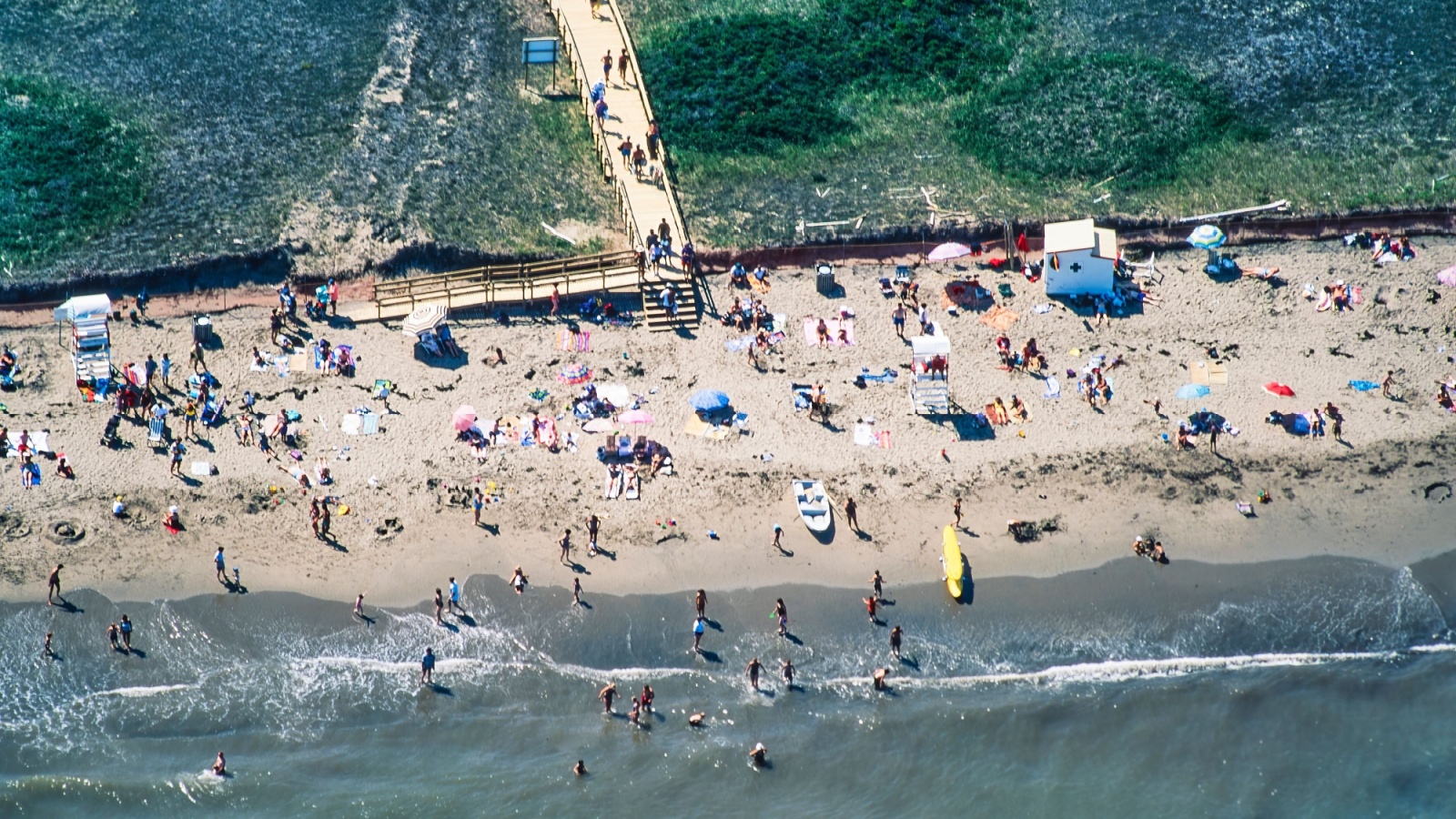
This national park and nearby village carry one of Canada’s trickiest names: “Koo-she-boo-gwack.” It means “river of the long tides” in Mi’kmaq. Americans often produce bewildered versions like “Koo-chee-boo-goo-ack.” Located on the Acadian Coast, the area is known for its sandy dunes, lagoons, and protected wildlife. The park’s natural beauty contrasts sharply with how mangled its name becomes in travel conversations. Locals pronounce it effortlessly, while visitors resort to “Kouchi” as shorthand. Beyond the linguistic challenge, Kouchibouguac represents cultural respect and the coexistence of French and Indigenous traditions along the Atlantic shore.
Temagami, Ontario
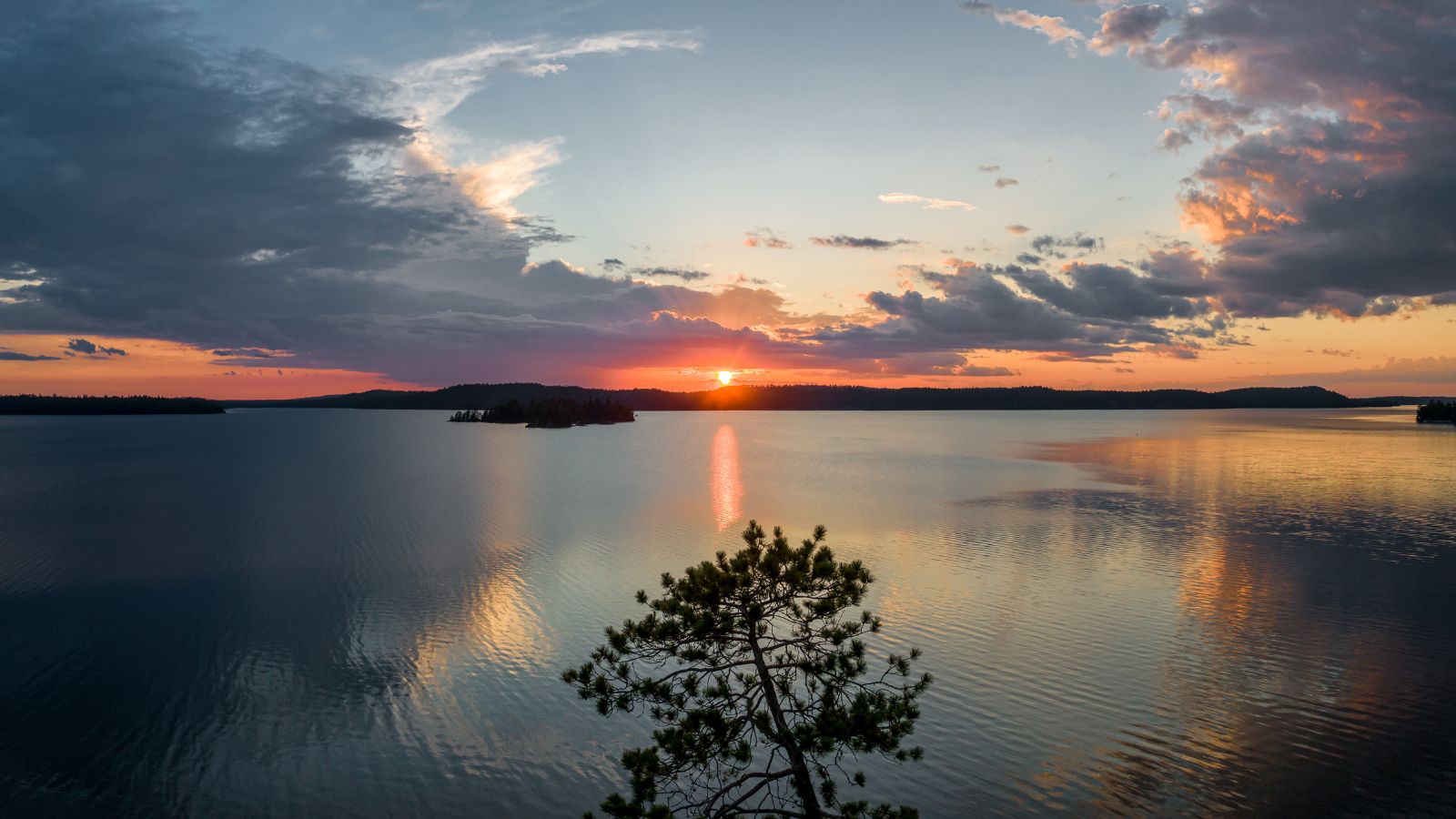
Pronounced “Teh-MAW-ga-mee,” this northern Ontario town is often misread as “Tem-uh-gam-ee.” The name comes from the Anishinaabe word “Temagamiing,” meaning “deep water by the shore.” Known for its pristine lakes, canoeing routes, and old-growth pine forests, Temagami attracts adventurers seeking wilderness solitude. Its pronunciation challenges come from English readers assuming a hard “g” and misplaced emphasis. Despite that, the name rolls easily once learned. Locals cherish its simplicity and serenity, while visitors often struggle through the first few tries before giving up and calling it “T-town.” Still, the landscape makes up for any linguistic stumbles.
Saguenay, Quebec
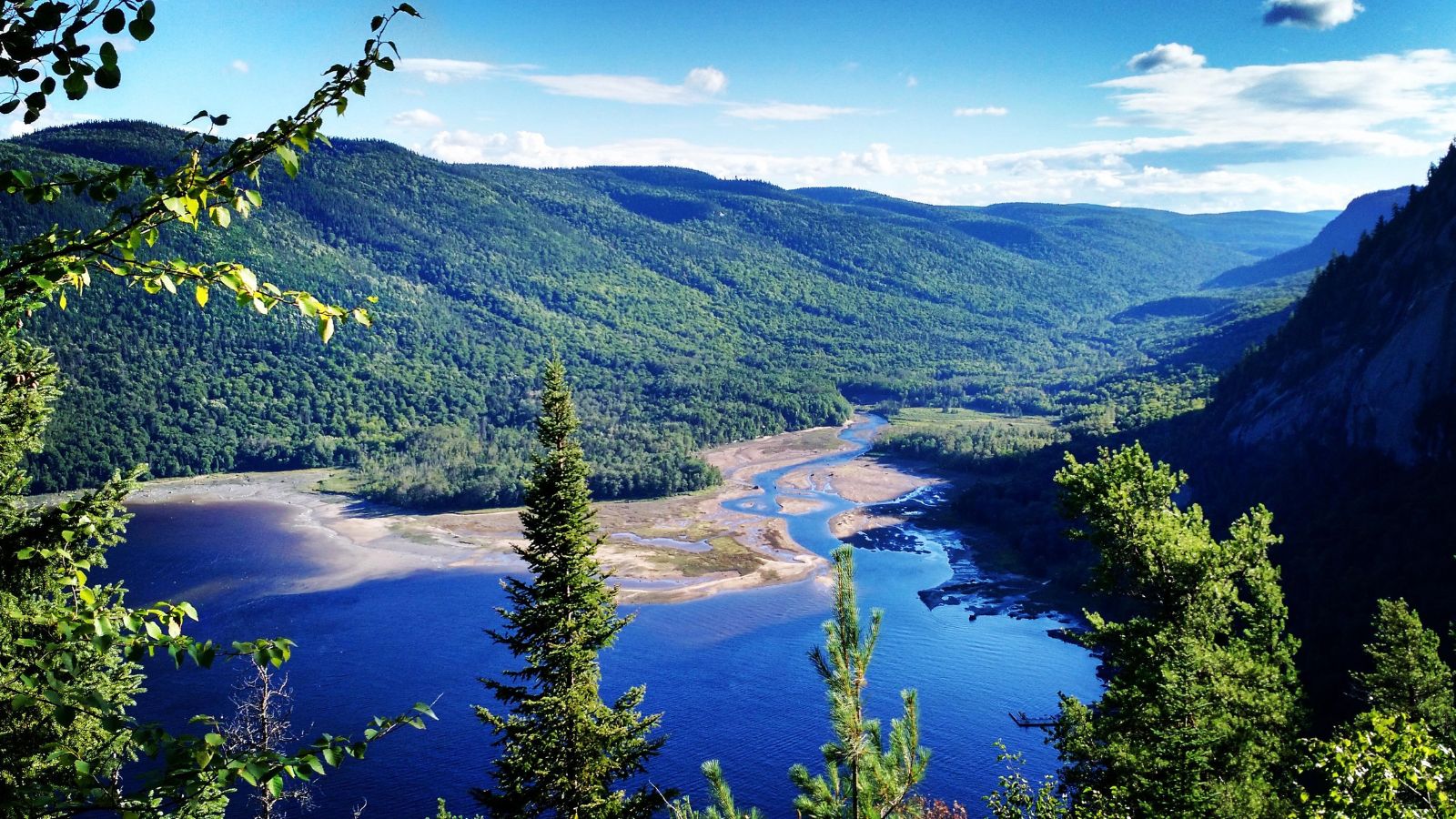
Saguenay, pronounced “Sag-nay,” is deceptively simple yet often said as “Sag-you-nay” by outsiders. The city, one of Quebec’s major industrial and cultural centers, sits along the Saguenay River and fjord. Its name stems from historical Indigenous origins, referring to an old trading region. Americans visiting for its fjords or ski resorts often overcomplicate the pronunciation, adding extra syllables that don’t exist. The French brevity contrasts with English tendencies to stretch sounds. Despite the confusion, Saguenay stands as one of Quebec’s most scenic destinations, offering a mix of nature, art, and distinct francophone pride.
Tsawwassen, British Columbia
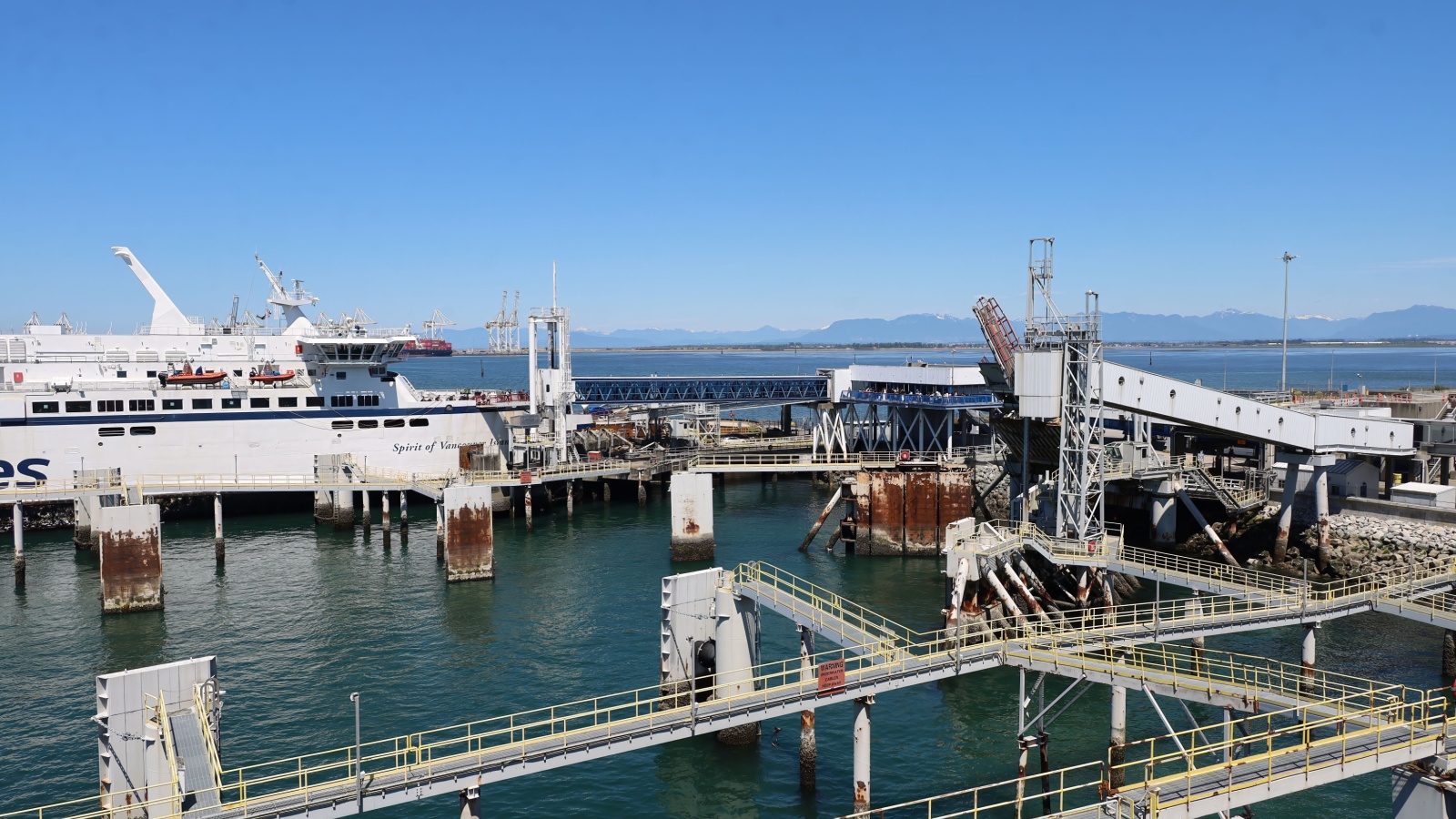
Ending with one of the most mispronounced names on the West Coast, Tsawwassen is pronounced “Sah-wah-sen.” Most Americans, and many Canadians, say “T-saw-wah-sen,” pronouncing the silent “T.” The name comes from the Halkomelem language and means “land facing the sea.” It’s home to a ferry terminal connecting Vancouver to Vancouver Island and several First Nation lands. Despite being a major transit hub, its pronunciation remains a mystery to visitors. Locals, however, treat it as a test of who truly knows the Lower Mainland. It’s a perfect example of how Indigenous languages beautifully shape modern geography.
21 Products Canadians Should Stockpile Before Tariffs Hit

If trade tensions escalate between Canada and the U.S., everyday essentials can suddenly disappear or skyrocket in price. Products like pantry basics and tech must-haves that depend on are deeply tied to cross-border supply chains and are likely to face various kinds of disruptions
21 Products Canadians Should Stockpile Before Tariffs Hit
